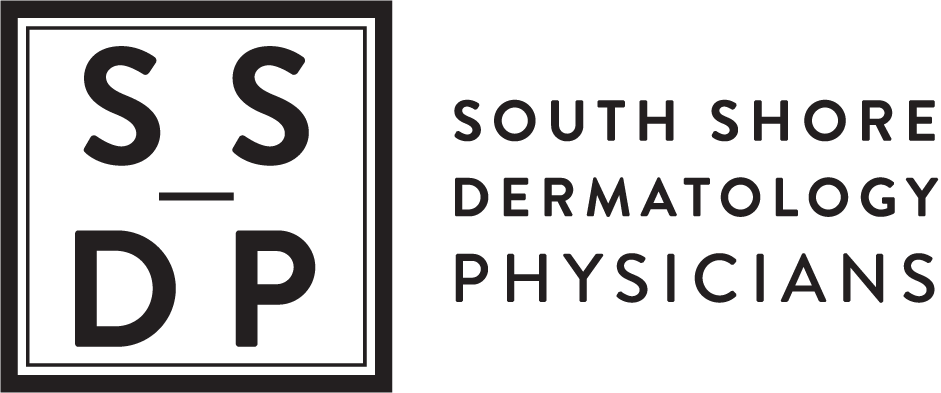Acne Diet Pearls
Patients who suffer from acne often ask their dermatologist, “Is my diet making my acne worse?” My instinctive response to this question as a dermatologist is usually to say, “ Why do you ask?” My reasoning: to immediately find out if the patient has made a connection between their acne flare-ups and specific foods in their diet.
For Better or Worse
My patient’s answers are often enlightening and not always predictable. The foods that patients cite as acne triggers range from nuts, chips, and candy to milk, soda, and fried foods. Other patients sometimes share foods and dietary habits that seem to make their acne outbreaks better. These may include homeopathic remedies such as tea tree oil, coconut oil, avocados, and a long list of other foods, as well as herbal extracts that they have either been consuming or using in a topical preparation.
What Causes Acne?
Acne has long been known to be a multifactorial entity. By definition, it is described as a chronic inflammatory condition of the pilosebaceous unit. The combination of increased sebum production; plugging of hair follicles; presence of cutibacterium acnes (the bacteria believed to have an important role in the origins of acne lesions); and chronic inflammation are all key ingredients in the formation of pimples as we know them.
As one of the most common diagnoses seen in any dermatology office, acne has been of great interest to clinicians and researchers alike with regard to its etiology, psychological impact on those affected, and treatment strategies. Even now, there remains a great deal about this common condition that is not yet fully understood.
What about Diet?
Research into the effect of diet on acne has only come to the forefront of clinical research in the past couple decades. Although there is some emerging evidence that diet does seem to play a role in the pathogenesis of acne, there remains much work to be done before evidence-based conclusions can be offered about all the dietary claims made for the benefit or worsening of acne in any given patient.
Some research observations with strong evidence to date include:
Dairy products, including whole, low-fat, and skim milk can aggravate but not cause acne. Foods containing whey and casein should be avoided. Other dairy products such as butter and cheese have not been shown to have the same effect as milk.
High glycemic index (GI)/glycemic load (GL) foods (foods that rapidly raise the blood glucose level) also appear to worsen acne while low GI/GLfoods seem to reduce the severity of acne lesions.
Antioxidants such as omega-3 and 6 fatty acids (fish oils), zinc, and probiotics may have a beneficial role in the management of acne but more substantial evidence is still needed.
Dairy and Certain Antibiotics Don’t Mix
As far as the impact of diet on the treatment of acne is concerned, one of the single most important items requiring consistent counseling is the potential impact of dairy-containing foods on tetracycline-based antibiotics. While we strive to minimize the use of antibiotic therapy to manage acne, it is still an important option at least for short-term management of acne for some patients. The bioavailability of the antibiotic can be significantly affected by calcium ions in dairy products and daily supplements, which should not be taken at the same time as tetracycline-based (tetracycline, minocycline and doxycycline) antibiotics.
Any Questions?
Consult one of our board-certified dermatologists. Please contact SSDP to schedule an appointment with Dr. Briceno or any of our physicians.



